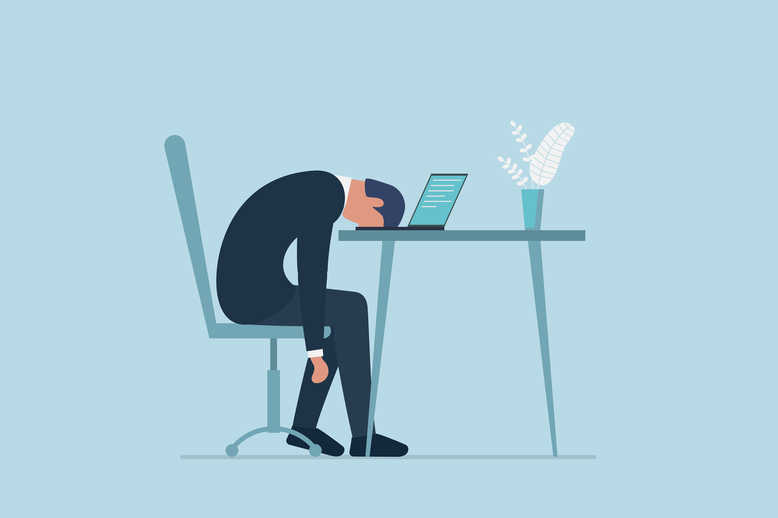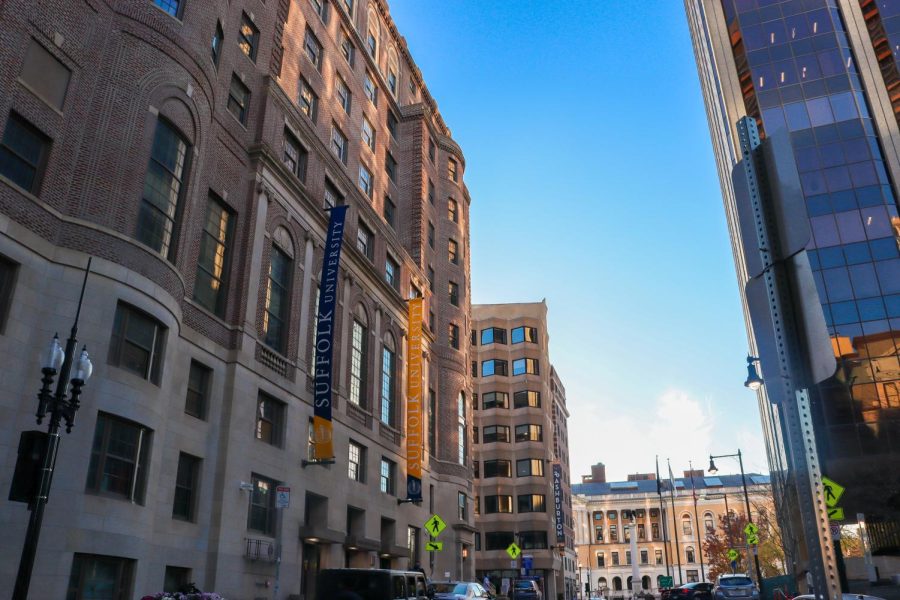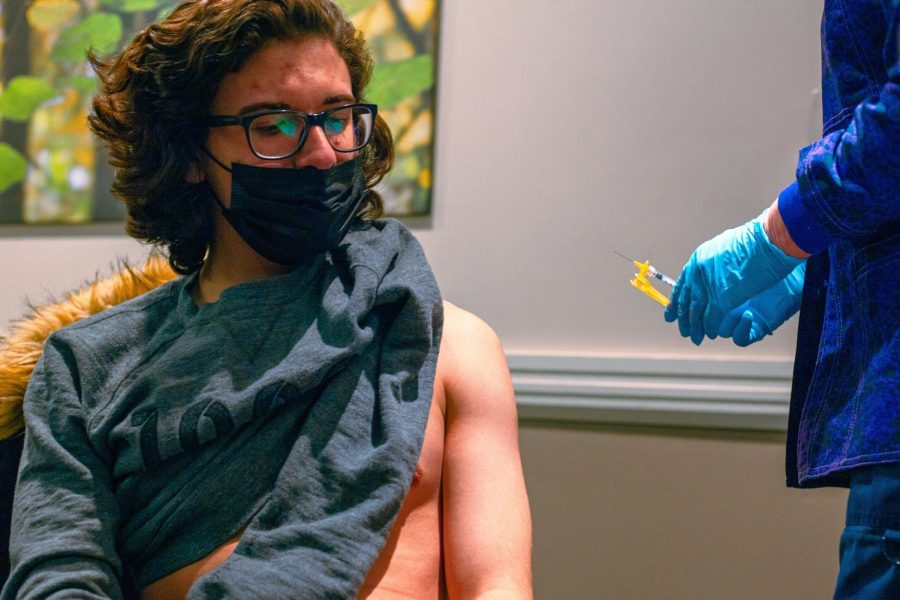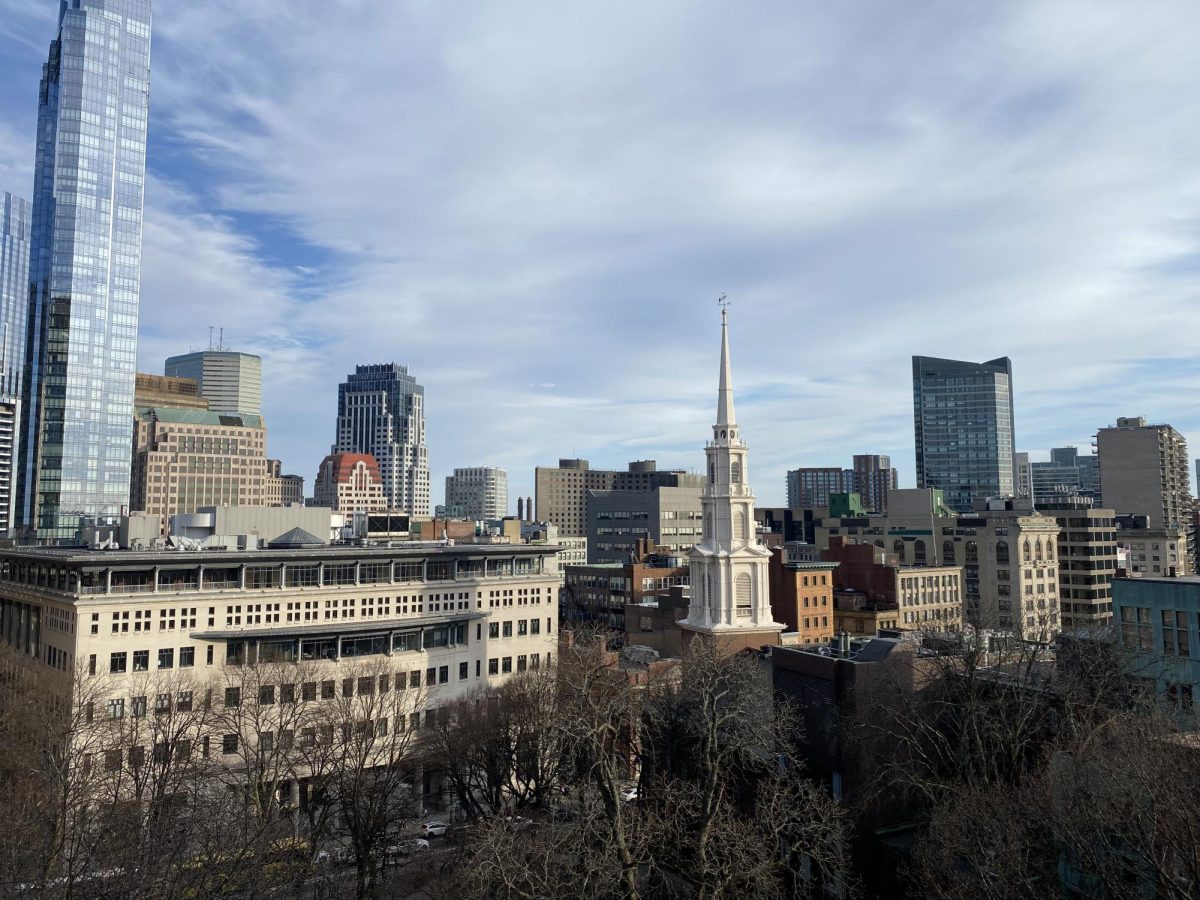In an email sent on Nov. 13, university President Marisa Kelly informed the Suffolk community of the decision to cancel spring break—which had been scheduled to take place in mid-March—due to safety reasons involving the ongoing pandemic.
Instead, winter break was extended by one week, and on Jan. 13, another email was sent out notifying staff and students that a “mid-semester break” would take place on March 17. Canceling classes on this day was intended to provide students with relief, as online classes and social isolation continue to take its toll on their mental health.
However, this grueling semester will require more time off than what Suffolk has provided.
College students everywhere have been struggling as COVID-19 continues to affect the way classes are conducted. Many have not set foot inside of a classroom in almost a year and spend hours each day in front of their laptop screens. Without enough time off, the stress of the workload and screen fatigue can be very difficult to handle.
Students who are living on campus may suffer the most from the lack of breaks this semester. While commuter and off-campus students enjoyed their last week of winter break, residents were required to return to campus early and quarantine, meaning their “extra week” was spent in total isolation.
Further, Massachusetts considers every state except Hawaii to be at high risk for COVID-19, so out-of-state residential students cannot go home unless they agree to quarantine again when they arrive back. This will most likely discourage students from going home for a weekend, limiting their ability to see their families and preventing them from being able to change up their environment.
“I think it’s completely unfair to out-of-state students to give them limited opportunities to go home and see their families,” said Suffolk student Rochelle Casey.
This mid-semester break will not be much of a relief for anyone, as it is not a long enough period of time to have a sufficiently positive impact.
“At the end of the day, that one day break becomes a day to catch up on all my work and errands rather than relax,” said freshman Veronica Labanca.
There are many alternative ways in which Suffolk could have adequately provided a longer break this semester while also keeping the risk of contracting and spreading COVID-19 low.
The university could have held a spring break and modified it slightly. Students could have been allowed to travel home for the week as long as they quarantined upon their return.
They could have had multiple long weekends sprinkled throughout the semester.
A shortened spring break, from one week to three or four days, would deter students from traveling while also giving them an ample break from their classes.
In some aspects, Suffolk has succeeded in supporting students and providing services for their mental health. This semester, the university is allowing a pass/fail option for one class per student. They have also continued to provide virtual academic tutoring and counseling appointments. However, they have failed in their responsibility of providing an adequate amount of time away from schoolwork.
A sufficient break has been necessary during past normal semesters at college, so at a time when school is mentally taxing and socially isolating, it’s needed even more.
Suffolk may be trying to keep everyone safe, but that may come at the expense of students’ mental health this semester.
Follow Grace on Twitter @GraceM123456.




















